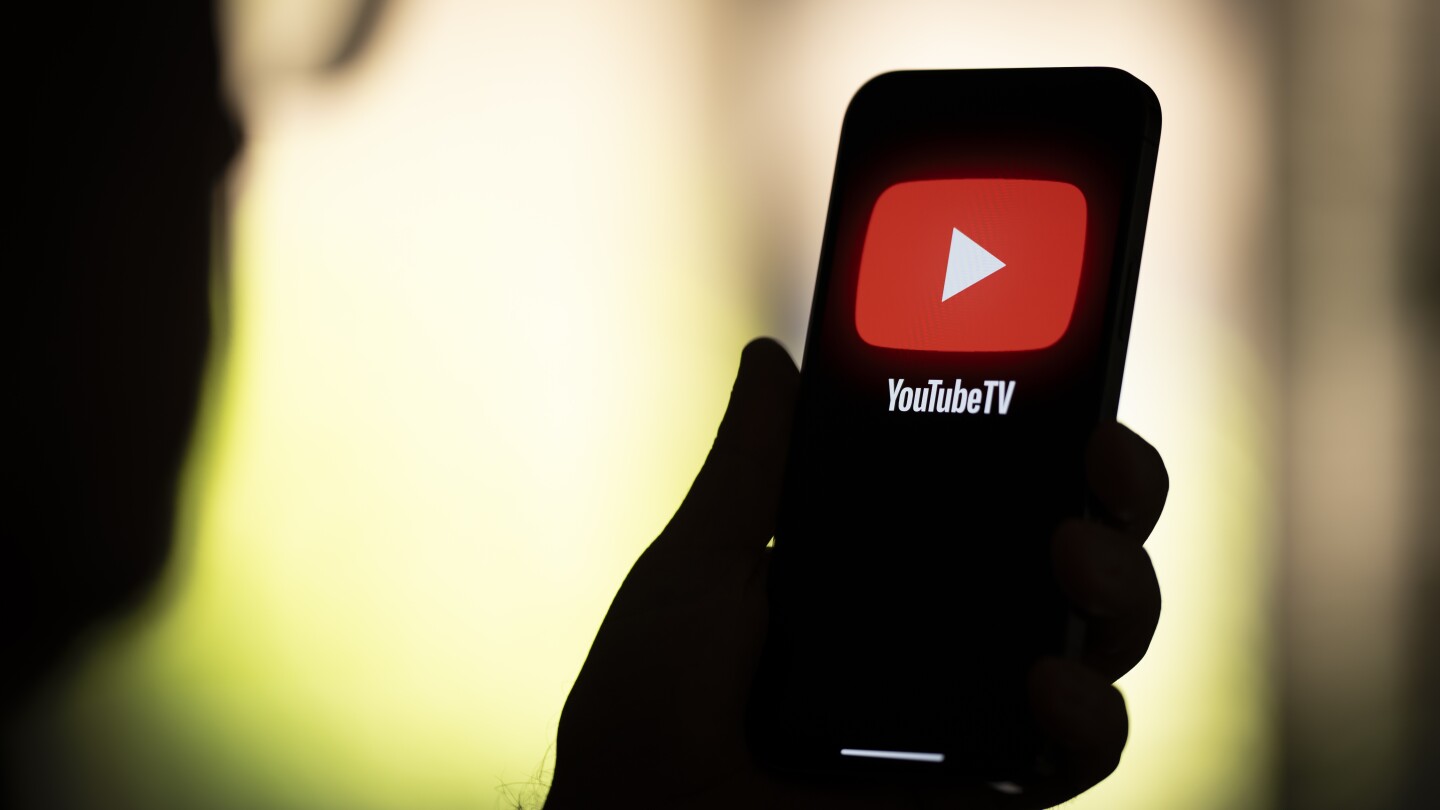Google’s expensive purchase of the NFL’s Sunday Ticket package has a free side in litigation.
According to Reuters, Google is being sued for information related to the pending class action lawsuit against the NFL and DirecTV over the Sunday Ticket package.
Google allegedly failed and refused to provide information about retail pricing, rights fees, and subscriber numbers for Sunday Ticket. Google previously claimed that producing the requested information would be “overwhelming.” Eventually, Google agreed to provide only three documents, described as “summary presentations” about the league arrangement.
The apparent goal is to examine whether the NFL has placed restrictions on Google similar to the restrictions allegedly placed on DirecTV regarding package pricing and the requirement that consumers buy all games on all weeks, or none. really.
“Evidence that the NFL imposed restrictions on Google would support the plaintiffs’ claims that the NFL imposed these same restrictions on DirecTV during the class, to the detriment of consumers,” the class’s attorneys said. in a new claim against Google and YouTube.
The effort to prove the NFL’s control and influence over Google’s pricing comes as the league files what it calls a motion for summary judgment in the case. The basic argument in such motions is that there is no need for a trial because there is no dispute about any material fact that a jury must resolve, and that the case can be resolved by the judge. applying the law to the undisputed record of the case.
The question becomes whether the NFL sets Sunday Ticket prices in a way that violates antitrust law. Suggestions have emerged that Apple, which is bidding on the package, wants to create a Sunday Ticket available to consumers at a lower price.
The league has a broadcast antitrust exemption, but there are limits on the license application to purchase TV rights as a collective. This litigation may test, and may show, that there are certain things that cannot be done when it comes to setting the price and the terms that consumers must pay to watch their favorite teams play, if the game is not broadcast in the relevant local market.
